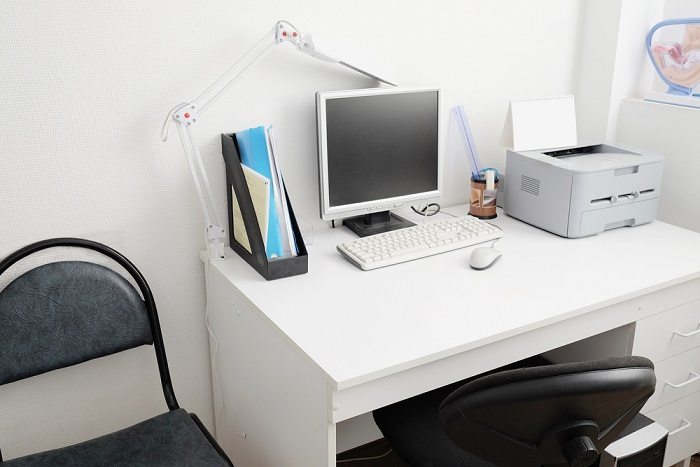Georgia, South Dakota Investigations Conclude No Wrongdoing by Planned Parenthood
State agency representatives from Georgia and South Dakota announced this week that their investigations into Planned Parenthood have found that the organization did not violate any laws related to fetal tissue donation.

See more of our coverage on the effects of the misleading Center for Medical Progress videos here.
State agency representatives from Georgia and South Dakota announced this week that their investigations into Planned Parenthood have found that the organization did not violate any laws related to fetal tissue donation. Similar investigations in Florida, Indiana, and Massachusetts have also found no evidence of wrongdoing.
A series of videos that featured heavily edited footage of secretly taped conversations with Planned Parenthood officials has led to outrage from anti-choice activists and politicians, many of whom have called for hearings and investigations. Legislators have also used the videos to justify a failed attempt by congressional Republicans to ban Planned Parenthood from receiving federal funds for services unrelated to abortion.
The organization behind the videos, Center for Medical Progress, has been praised by right-wing legislators and reproductive rights opponents, but questions have been raised about CMP’s deceptive tactics, ideological agenda, and connections to radical and violent anti-choice activists.
Dr. Brenda Fitzgerald, commissioner of the Georgia Department Public Health, reported Wednesday to Gov. Nathan Deal (R) that the agency had concluded an investigation into Planned Parenthood Southeast and four other abortion providers in the state.
The investigation, which Deal ordered last month, found that all of the clinics had properly disposed of fetal tissue resulting from abortions.
“As you know, Georgia law requires that licensed abortion clinics (or a medical disposal service provider with whom they have contracted) to bury or cremate fetal remains following the termination of a pregnancy,” Fitzgerald said in a letter to Deal, reported the Atlanta Journal-Constitution.
Fitzgerald wrote that the investigation concluded that Planned Parenthood and other clinics had complied with the law.
It’s unclear whether or not the state Department Public Health will restore funding to provide Planned Parenthood Southeast with free kits that test for sexually transmitted infections. A day after Deal announced the investigation into Planned Parenthood, the department announced that the funding for the program from the Centers for Disease Control and Prevention (CDC) had run out.
Georgia ranks in the top ten nationally for highest rates of STIs, according to a CDC report. The state ranks fourth in syphilis, seventh for gonorrhea, and eighth for chlamydia.
Meanwhile, the South Dakota Health Department said in a statement Tuesday that it has obtained no reports or evidence of the sale of fetal tissue in the state since the agency started regulating abortion facilities in 2006.
Attorney General Marty Jackley directed the Department of Health to investigate Planned Parenthood in July, according to the Associated Press. A spokeswoman for Planned Parenthood Minnesota, North Dakota, South Dakota told the AP that the affiliate in Sioux Falls, the only abortion clinic in the state to perform the procedure in non-life-threatening circumstances, does not have a fetal tissue donation program.
“We made inquiry on both partial birth abortion and on the transfer and sale of tissue, and there are no reports, complaints or inspection records that would demonstrate any evidence [of] illegal activity in South Dakota at this time,” Jackley said. “Something can surface, and I’ve indicated if it surfaces, it’ll be examined and addressed.”
South Dakota lawmakers are reportedly considering legislation for the 2016 legislative session that would regulate the donation and disposal of fetal tissue.
Rep. Fred Deutsch (R-Florence) told the Associated Press he is unconvinced by the state’s investigation, because he says only using undercover video would definitively prove there has been no illegal activity. As reported by the AP, he may introduce a bill that would make selling fetal tissue a felony.
The selling of fetal or any other human tissue is already banned under federal law.
“I want a message to be sent out that South Dakota does not tolerate the business of selling fetal body parts from elective abortions,” Deutsch said. “Even if it’s never happened here before, that doesn’t mean we should not have a line drawn in the sand that you cannot do this, [that] we do not tolerate this in South Dakota.”
Abortion is already highly regulated in both Georgia and South Dakota, and lawmakers in both states have proposed several new laws over the last few years to further regulate abortion care.

